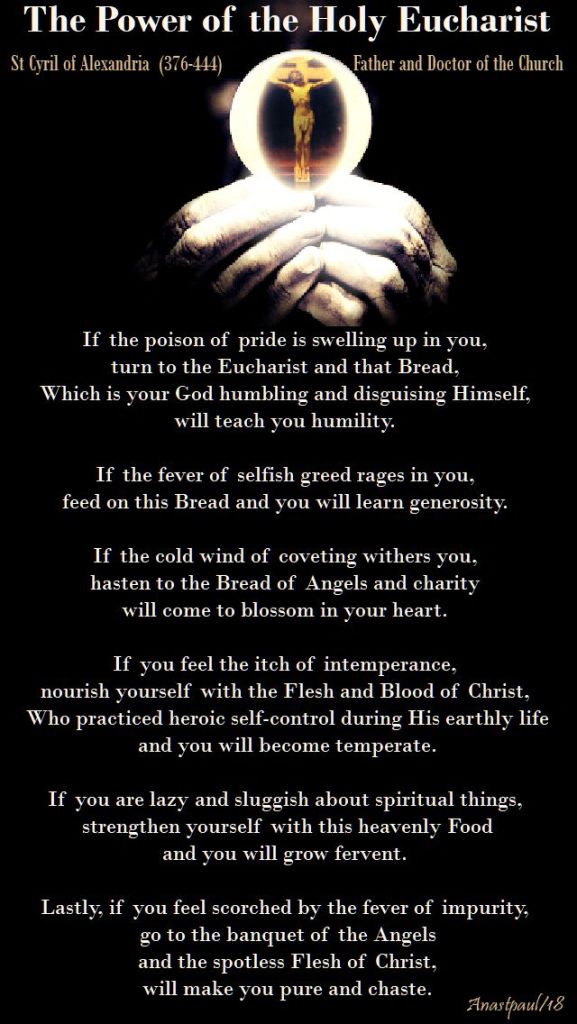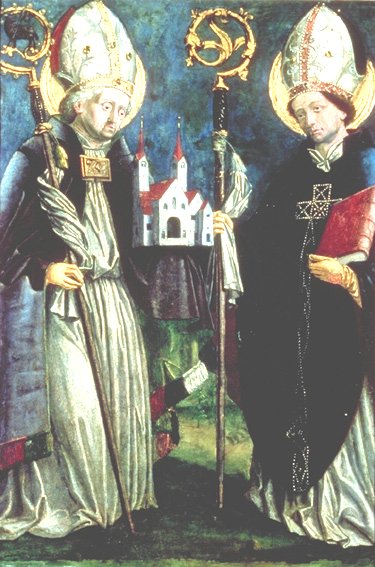Thought for the Day – 5 February – Meditations with Antonio Cardinal Bacci (1881-1971)
IDLENESS
“Idleness is forbidden by God because work is His commandment.
He had already told Adam and his successors: “In the sweat of your brow, you shall eat bread” (Gen 3:19).
St Paul warns us: “If any man will not work, neither let him eat” (2 Thess 3L10).
This is a universal law which embraces people of all classes and circumstances.
God commands everyone to work.
Therefore, anybody who disobeys this law without reason, sins against God.
Those who lead leisurely inactive lives should meditate seriously on this law of God.
The fact that they possess large fortunes does not excuse them from this divine law.
They must engage in some work, either menial or manual.
It may be for themselves or it may be for their needy brothers who live in want or in illness and cannot fend for themselves.
We are all brothers in Jesus.
It is not right that one brother should live in poverty and wretchedness, while another idly enjoys a life of plenty and of pleasure.
Anyone who loves God is never idle, says St Jerome.
The love of God works wonderful things, if it does not, it cannot be called love.”
Antonio Cardinal Bacci
PART ONE HERE:
https://anastpaul.com/2020/02/05/thought-for-the-day-5-february-idleness/




















You must be logged in to post a comment.